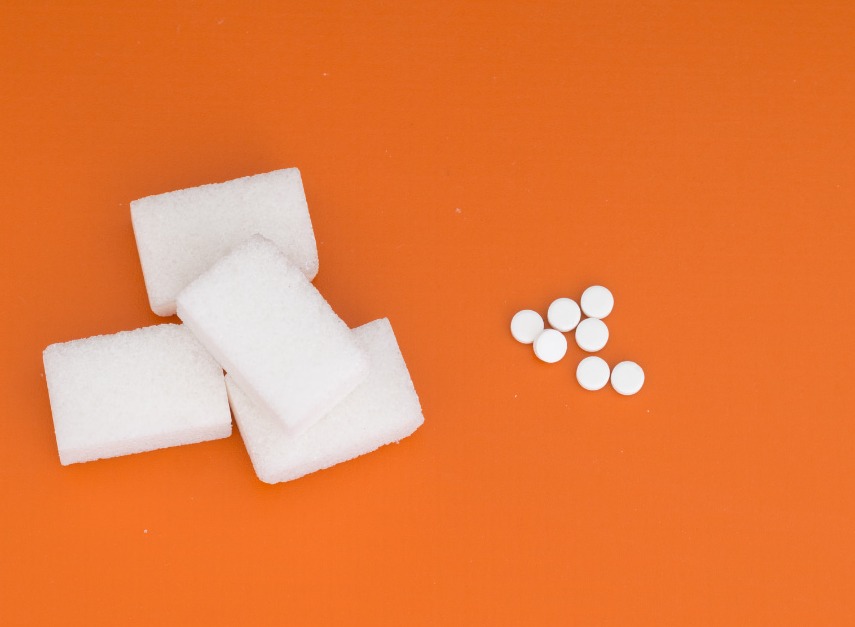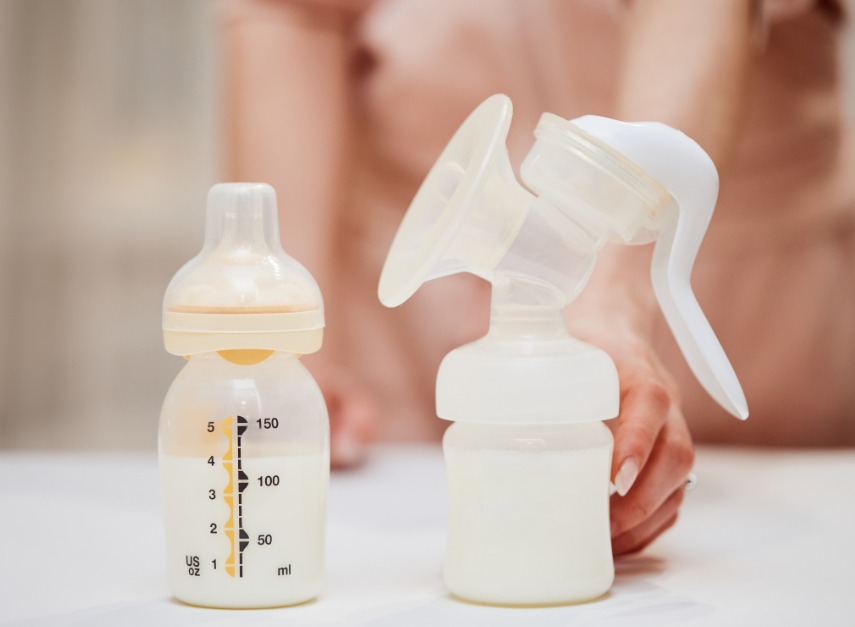- Home
- Share
- Forum
- General forums
- Good to know
- What to Eat While on Antibiotics
What to Eat While on Antibiotics
- 157 views
- 2 times supported
- 3 comments
All comments
![]()
CatherineD58
![]()
CatherineD58
Last activity on 28/03/2020 at 15:24
Joined in 2017
6 comments posted | 1 in the Good to know group
Rewards
-
Explorer
-
Friend
Would yakult be a good idea. I take long term low dose anti biotics and suffer with untold yeast problems. I eat lots of green leafy vegetables garlic onions and don't really understand why I get thrush as much as I do. My diabetes is out if control even though I take my medication and eat low carb meals. Is it correct that Infections raise blood sugar levels??
Any ideas and suggestions would be greatly appreciated.
Thanks

Margarita_k
Community managerGood advisor
![]()
Margarita_k
Community manager
Last activity on 07/10/2020 at 11:39
Joined in 2016
1,195 comments posted | 118 in the Good to know group
1 of their responses was helpful to members
Rewards
-
Good Advisor
-
Contributor
-
Messenger
-
Committed
-
Explorer
-
Evaluator
Hi @CatherineD58
To get more feedback, I would advise you to post your question on the one of the groups related to your type of diabetes. You can find them all here: https://member.carenity.co.uk/forum/my-groups.
If you need any help with the site, don't hesitate to contact me ![]()
Have a nice afternoon,
Margarita
See the signature
Community Manager
![]()
QUince
Good advisor
![]()
QUince
Last activity on 25/02/2025 at 10:11
Joined in 2016
19 comments posted | 4 in the Good to know group
1 of their responses was helpful to members
Rewards
-
Good Advisor
-
Contributor
-
Committed
-
Explorer
I take Probiotics every day, didn’t know about vitamin K though
Give your opinion
Survey
Articles to discover...
Subscribe
You wish to be notified of new comments
Your subscription has been taken into account








Margarita_k
Community managerGood advisor
Margarita_k
Community manager
Last activity on 07/10/2020 at 11:39
Joined in 2016
1,195 comments posted | 118 in the Good to know group
1 of their responses was helpful to members
Rewards
Good Advisor
Contributor
Messenger
Committed
Explorer
Evaluator
Antibiotics are a great medical advancement. The medicines destroy illness-causing bacteria, which helps infected people heal and get better. Antibiotics, however, can also destroy beneficial bacteria and cause additional side effects. Eating certain foods can help replenish these good bacteria and aid in alleviating those secondary side effects.
Get Plenty of Probiotics
One of the side effects of many antibiotics is diarrhea. To help reduce diarrhea while finishing a course of antibiotics, probiotics are often recommended, according to a 2012 article published in the "Journal of the American Medical Association." Probiotics are useful because they help restore the usual balance of bacteria in the gut. These beneficial bacteria might also boost the effects of the antibiotic, according to a 2006 article published in the "Canadian Journal of Infectious Diseases and Medical Microbiology." Yogurt, kefir, sauerkraut and kimchi are food sources of probiotics, or your doctor might suggest a probiotic supplement as an alternative.
Fill Up on Vitamin K
If you need to take antibiotics for extended amounts of time, you might need to take supplemental vitamin K. This occurs because the bacteria that naturally occurs in your digestive tract can be destroyed when you're taking antibiotics, and that bacteria is partially responsible for the amount of vitamin K in your body. If your body isn't making any vitamin K, you might become deficient. Leafy green vegetables, asparagus, green tea and beef liver are food sources of vitamin K.
Vary Your Diet
Sometimes antibiotics can cause an overgrowth of yeast, which can cause an upset stomach and, in women, vaginal yeast infections. Eating garlic and onions can combat this problem. Taking antibiotics can reduce vitamin B levels, so add whole grains and green vegetables, such as broccoli, to your diet.
Avoid Certain Foods
Just as eating certain foods can negate the drawbacks of taking antibiotics, avoiding other foods will help ensure proper absorption of the medication so it works like it's supposed to. Skip acidic foods, such as orange juice, citrus fruits, tomato sauce and soda, because they can interfere with the proper absorption of the antibiotics. Avoid sugary foods, and don't eat anything with calcium or iron at the same time that you're taking the antibiotic because these minerals can get in the way of proper absorption.
Source: livestrong.com